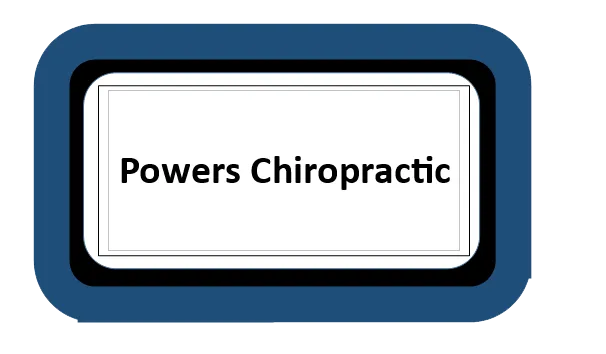What Should I Do for a Herniated Disc?
- Created in Newsletter Library, Back, Body & Joint Pain
Herniated discs in the lumbar spine are fairly common and having one doesn’t sentence you to a lifetime of back problems. In fact, at least one-third of people over age 30 are found to have one or more herniated discs in the lower back when a magnetic resonance imaging study (MRI) is done for reasons other than back pain. What this means is that lumbar disc herniations represent routine wear-and-tear on the body. Lumbar disc herniations are not a problem in and of themselves.1
Problems of interpretation arise when a person with back pain is found to have a lumbar herniated disc on MRI. The main questions are whether the herniated disc is causing the back pain, whether it’s related to the back pain, or whether it’s an incidental finding (something discovered on examination but which has nothing to do with the present problem).
Your chiropractor is aware that these possibilities exist and will not jump to the conclusion that the disc herniation is the source of the pain. The majority of cases of lower back pain are not clearcut, but one set of circumstances is fairly straightforward. If a patient experiences sudden, severe lower back pain and also has leg pain and/or numbness and tingling that radiates down one leg to below the knee, then a lumbar disc herniation pressing on a spinal nerve is a very likely scenario. In such a case, if an MRI confirms that a lumbar disc has herniated and is actually pressing on a spinal nerve, then your chiropractor will probably reasonably conclude that the disc injury is the cause of both the back pain and leg pain.
But this is an uncommon scenario. Most people with lower back pain do not also have such radiating symptoms. If a person’s back pain is not getting better within a reasonable period of time, then an MRI might be done. If lumbar disc herniations are found, it is very difficult to determine conclusively whether they are related to the back pain. Lower back pain can result from numerous causes, including injuries to the muscles that bend, rotate, and flex and extend the spine. Injuries to tendons that connect these muscles to the bones of the lower back are possible. And injuries to ligaments that hold the lumbar vertebras together can be very painful. Thus, a herniated disc may or may not be contributing to the overall pattern of compromised muscles, tendons, and ligaments.
The bottom line in the majority of cases is being able to treat the person effectively with conservative care. Chiropractic care, combined with appropriate rest and followed, when the time is right, with rehabilitative exercise, is usually all that is required for even acutely severe back pain.2,3 Each aspect of such conservative care - chiropractic care, rest, and rehabilitative exercise - is key to the person’s recovery. A small proportion of cases, in which a herniated disc is actually pressing on a spinal nerve and causing back pain and radiating pain below the knee, may require more than conservative care. Regardless, chiropractic care is the right way to begin care for almost all cases of lower back pain.
1Maus T: Imaging the back pain patient. Phys Med Rehabil Clin North Am 21(4):725-766, 2010
2van Middelkoop M, et al: Exercise therapy for chronic nonspecific low-back pain. Best Pract Res Clin Rheumatol 24(2):193-204, 2010
3Standaert CJ, et al: Comparative effectiveness of exercise, acupuncture, and spinal manipulation for low back pain. Spine 36(21 Suppl):S120-S130, 2011
Locations
Find us on the map
Office Hours
After Hours call (715) 824-2040
Plover Office
Monday:
8:30 am-12:00 pm
1:30 pm-5:00 pm
Tuesday:
8:30 am-12:00 pm
1:30 pm-5:00 pm
Wednesday:
8:30 am-12:00 pm
1:30 pm-5:00 pm
Thursday:
8:30 am-12:00 pm
1:30 pm-5:00 pm
Friday:
8:30 am-12:00 pm
1:30 pm-5:00 pm
Saturday:
Closed
Sunday:
Closed
